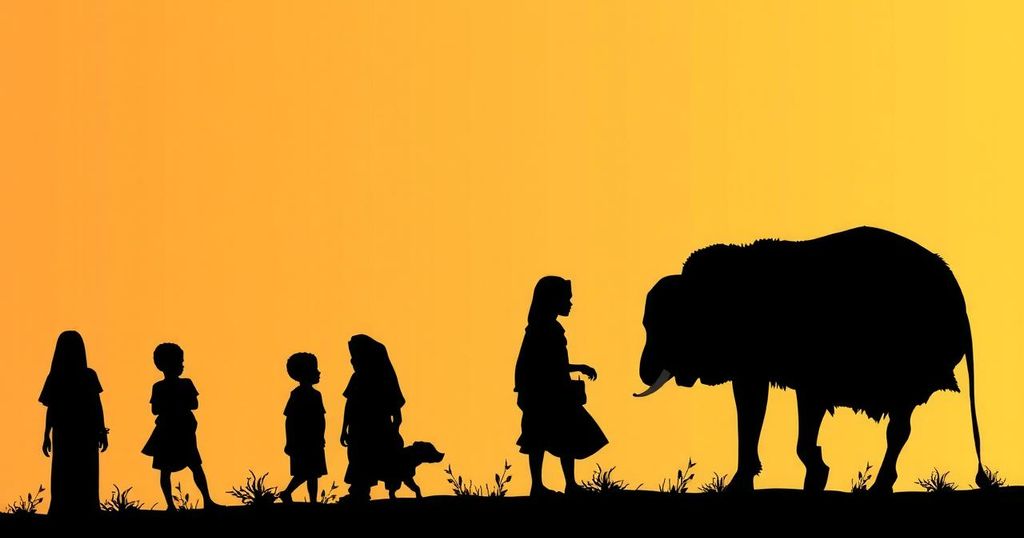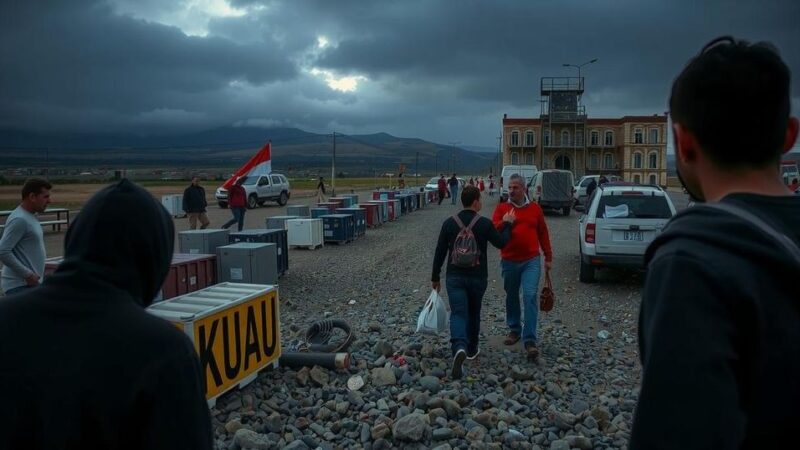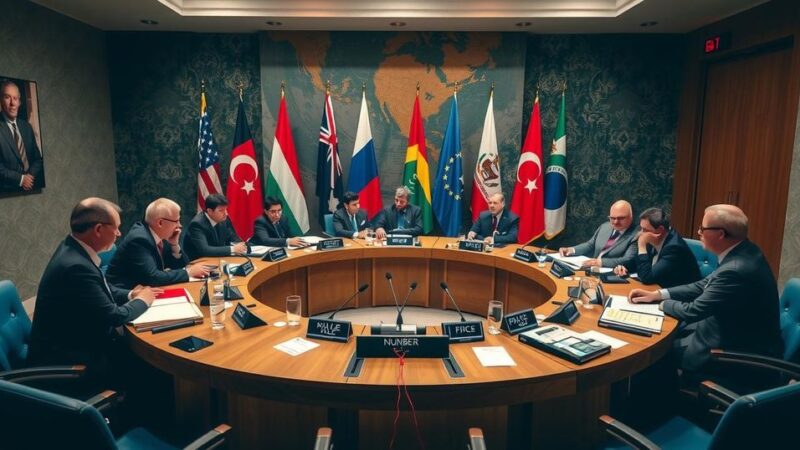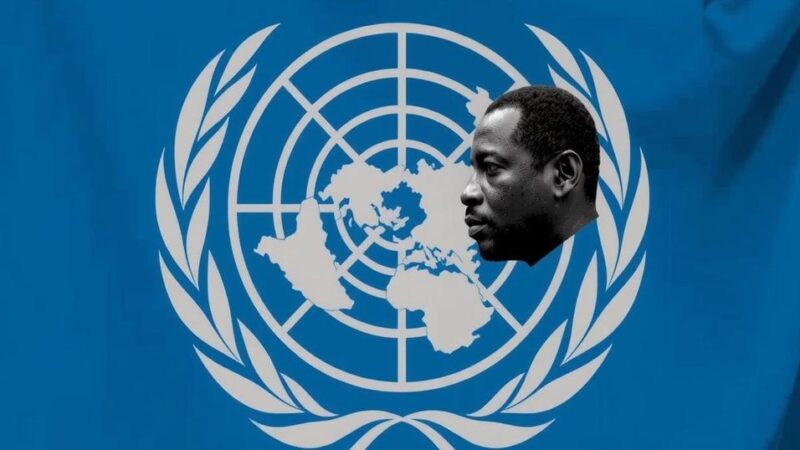Nicholas Kristof’s report from the Chad-Sudan border reveals the dire conditions faced by Sudanese children amidst a civil war, particularly highlighting the attacks by the Rapid Support Forces. He criticizes global leaders’ inaction, especially in light of President Biden’s recent comments, and shares the story of a young orphan, Safaa Khatir, to illustrate the personal impact of the violence. The article calls for greater accountability and humanitarian intervention in response to the escalating crisis.
In his poignant account from the Chad-Sudan border, Nicholas Kristof sheds light on the harrowing plight of Sudanese children amidst a devastating civil war. During his field reporting, Kristof encounters the grim realities faced by many, including skeletal children and survivors of vicious massacres and systemic rape against Black African ethnic groups. The violence is escalating, with the Rapid Support Forces, the most notorious militia in Sudan, intensifying their attacks on the city of El Fasher, putting over a million civilians at risk of further atrocities. Kristof contrasts the inaction of global leaders, including President Biden’s recent praise for the United Arab Emirates, a significant supporter of these forces, with the profound moral clarity exhibited by a young Sudanese refugee named Safaa Khatir. Orphaned by the brutal conflict, Safaa’s story exemplifies the resilience and suffering of countless children caught in the grips of warfare, drawing attention to the urgent need for international accountability and intervention to address ethnic cleansing in Sudan.
The ongoing civil war in Sudan, which erupted last year between the Rapid Support Forces and the Sudanese Armed Forces, has led to widespread violence and humanitarian crises. Both militias have been accused of severe human rights abuses, notably targeting Black African communities. The international response, particularly from powerful nations, has often been criticized for its insufficiency in addressing the urgent and escalating situation on the ground. The conflict has left many children orphaned and traumatized, reflecting a broader pattern of violence and instability within the region.
The situation in Sudan emphasizes a critical need for international attention and intervention to stem the tide of violence against civilians, particularly vulnerable groups such as children. The contrasting responses of global leaders and the lived experiences of those directly affected expose a disconnect that demands rectification. Stories like that of Safaa Khatir not only highlight the tragic consequences of the conflict but also serve as a call to action for the world to confront the atrocities occurring in Sudan.
Original Source: www.nytimes.com






